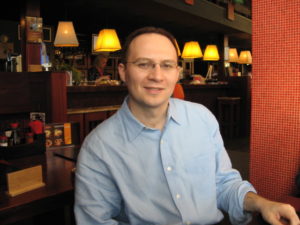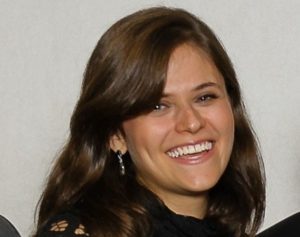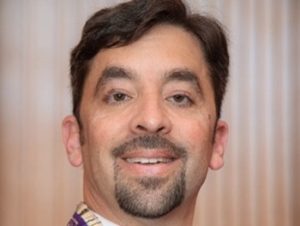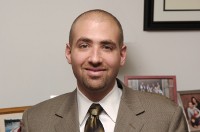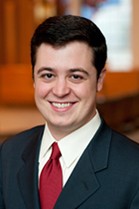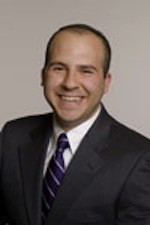Three Talks Kick Off New Jewish Studies Season
Israeli documentaries, Russian-Jewish photography from the early twentieth-century, and Yiddish radio – these are a just a few of the topics that will be covered in this year’s Community Lecture Series, presented by the Center for Jewish Studies at the University of Minnesota. The series is celebrating its tenth year, and will kick off the season with three exciting programs in October.

